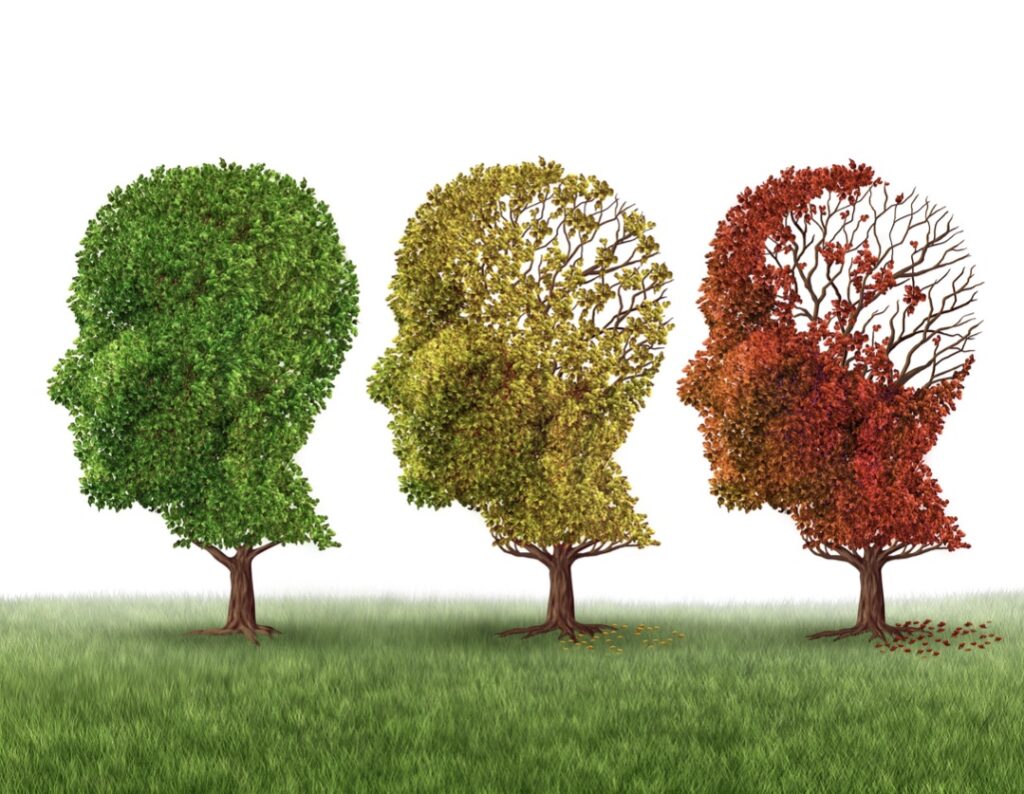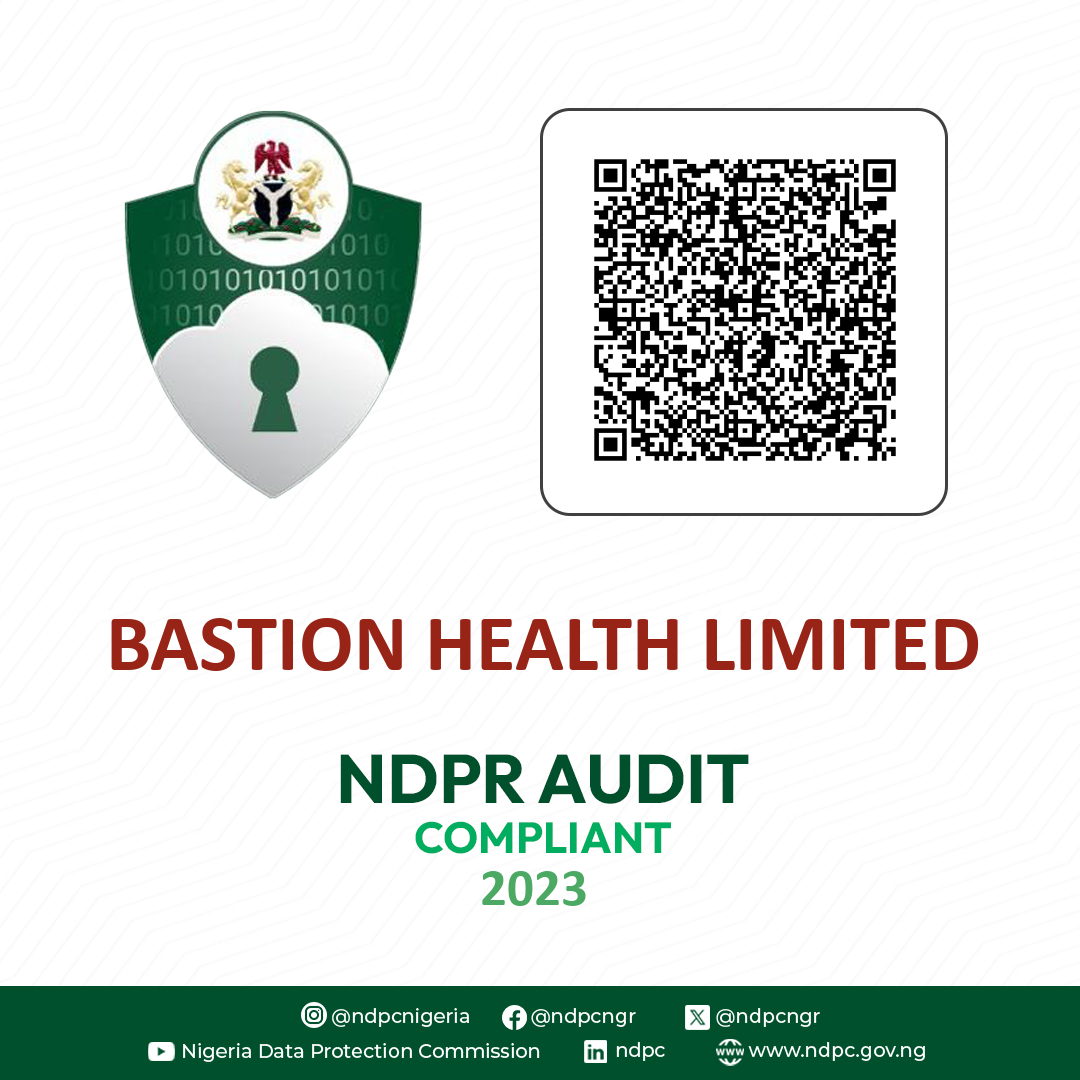Memory slips can occur in young adults just as in older adults, but what changes is the explanation younger adults give for it. Older adults are usually worried about their brain health and an eventual decline in memory, but younger adults are rarely concerned with this. Many times, forgetfulness is seen as inconsequential but in some cases, it might be worrisome.

If you feel like you are always forgetting important information, here are some potential causes and what you can do about it.
Depression
Research has shown that depression is the strongest risk factor for memory loss across all age groups. Depression is a psychological disorder characterized by intense feeling of sadness & hopelessness, anhedonia (loss of pleasure in previously pleasurable events), and suicidal ideation. Depression also results in forgetfulness, difficulty concentrating, and a clinical state known as pseudodementia.
Pseudodementia is a clinical state where a person with depression has symptoms similar to dementia. Some of these symptoms include slurred speech, forgetting people and things, and delayed response to external stimuli.
Solution: here, memory problems will be resolved when depression is treated.
Poor sleep
Sleep is essential for the brain’s optimal functioning. Getting less than the required amount of sleep can affect your memory. This is because sleep deprivation leads to difficulty concentrating, mood swings, blurry vision, and headaches. Its hard to remember information if you can not concentrate on it or if you have a pounding headache. When you are sleep deprived, the only thing on your mind is sleep and everything else will fade into the background.
Solution: Get at least 6-8 hours of sleep each night to ensure that you are well-rested.

Certain Medications
Your memory can be affected by certain prescription medication. These drugs can cause memory problems in both young and old people. If you are taking any of these medications, it might be the reason for your memory loss:
Anticholinergics: these are prescribed to manage gastrointestinal problems, muscle spasms, and pulmonary diseases.
Anti-depressants: these are prescribed for the treatment of depression and in some cases, migraines.
Anti-hypertensive drugs: these are drugs prescribed to manage hypertension
Tranquillizers: these are prescribed for mood disorders such as anxiety and depression, and for sleep disorders such as insomnia.
Solution : if you notice that your medication is affecting your memory, ask your doctor to give you an alternative.
Stress and anxiety
Intense stress and anxiety cause memory problems in the same way sleep does. They prevent you from concentrating on necessary information and locking these information into your long-term memory. Information in short-term memory is quickly lost if not properly stored. Additionally, stress and anxiety can affect your attention and interfere with the formation of new memories and the retrieval of stored memories.
Solution:
- For stress, try to take breaks and use stress management tips in your daily life. Avoid multitasking, delegate tasks often, and ask for help when needed.
- For anxiety: you might to seek professional help, your doctor might recommend therapy, medication, or coping skills and techniques.

Conclusion
Many people ignore memory problems in their youth because they think only older adults can experience memory loss. Memory problems in young adults can be caused by several factors such as sleep, depression and anxiety, but they can be resolved by managing the underlying cause. In addition to the tips above, a healthy diet, regular exercise, and brain exercises will be helpful in maintaining your memory.









